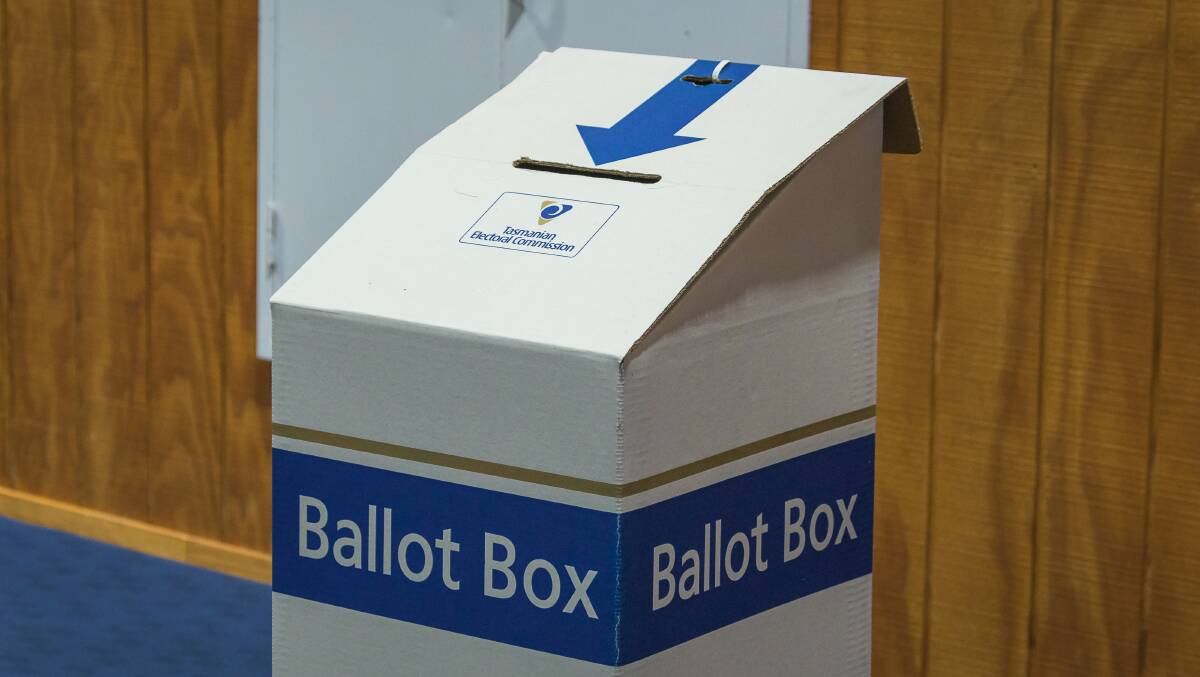
Pork barrelling is ubiquitous to the language of Australian politics, particularly in reference to the largesse thrown at marginal federal seats.
Subscribe now for unlimited access.
$0/
(min cost $0)
or signup to continue reading
While the term is said to have originated in the 19th Century, the practice of promising public spending in the hope of winning votes would be as old as democracy itself.
It's interesting then that Tasmania's Integrity Commission is exploring campaign promises with the release of the first in a series of discussion papers "about ethical conduct and potential misconduct risks in ... parliamentary elections".
Chief commissioner Greg Melick says the idea is to spark discussion, and warns that "indirect electoral bribery poses a threat to public confidence in elections".
Conversations around the health of our democracy and the conduct of our elections are always worthwhile.
And yet care must be taken not to underestimate voters.
Tasmanians would well know that the promises made by all sides to fund this or that community or sporting project are aimed at winning their votes.
We also know that promises to deliver tax cuts, pension increases and the like are made with at least one eye on what we might do in the polling booths.
"Candidates must be free to publicise their policies and how they are to be funded," Mr Melick says. "However, any funding commitments must be linked to public and transparent policies."
That seems fair, and yet who decides whether a promise has been appropriately linked to a relevant policy?
It's rather subjective to argue if it's pork barrelling or otherwise, and, in any case, it is the voters who decide what they wish to make of it all. Since we cannot read voters' minds, we don't even know whether "indirect electoral bribery" is effective, or indeed if it can actually backfire.
Care must also be taken in casting doubt over the integrity of an election merely because some do not like the result.
Whether the "appropriate discussion" the Integrity Commission wishes to promote can deliver improvements to our democracy and to our elections remains to be seen.

